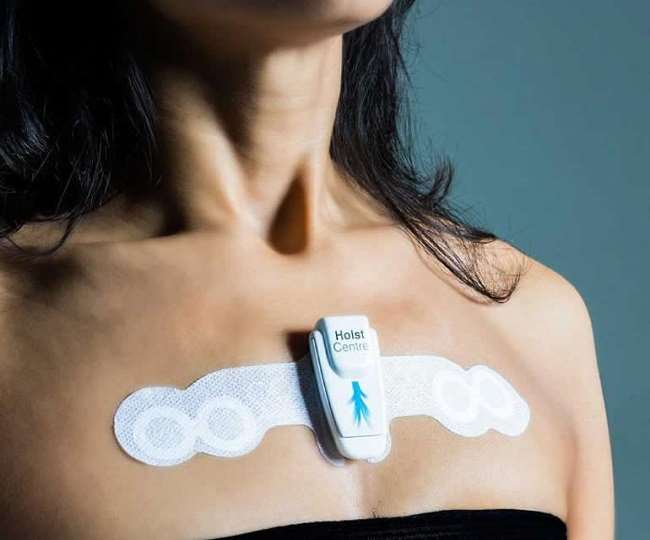
Heart Rate Can Detect Depression: Helpful in Detecting Heart Rate Depression – Study

New Delhi, Lifestyle Desk. Depression is a rapidly growing disease in the 21st century. During the Corona period, people are seeing more impact of depression. Scientists have made new discoveries to detect the disease of depression that is rapidly growing in people all over the world. According to researchers at Germany-based Goethe University, depression can be detected by measuring the heartbeat.
According to the researchers, the heart of depression patients beats every minute of the day 10 to 15 times more than normal. There is a slight decrease in the heart rate of such patients at night, but it is still higher than healthy people. The reason for the decrease in heart rate at night is to reduce work pressure at night compared to day.
This study has been done under the leadership of Doctor Carmen Shivek. According to the study, researchers monitored the heart rate of 32 people momentarily for a week continuously with the help of an ‘echocardiogram bandage’. More than half of the patients whose heart rate was monitored were suffering from depression, while the rest were mentally healthy.
In 90 percent of cases, researchers were able to analyze the participants’ heartbeats to find out if they had depression.
Shivek stated that the production of the stress hormone ‘cortisol’ increases in the depression patient, as well as the heart has to work harder to pump blood.
The study also found that depression causes a decrease in the activation of the ‘vagus’ vein in patients complaining of discomfort. This vein plays an important role in controlling heart rate. Decreased activation of this vein may cause the heartbeat to decrease.
Researchers have claimed that fitness trackers that monitor body temperature, heart rate, and physical activity can also be helpful in detecting depression. If the person finds the depression in time, then it can be prevented quickly. By making changes in lifestyle, improving food, yoga, one can get relief from depression soon. The results of the study have been published in a recent issue of ‘European College of Neuro Psychology’.



Average Rating